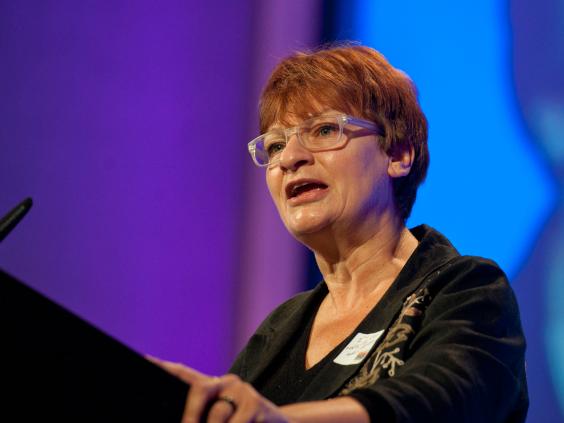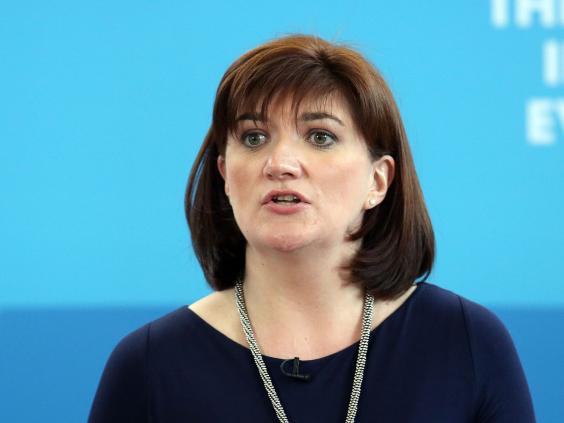Only a tiny proportion of school leaders support the Government’s plan to force all schools to become academies, a new survey suggests.
Chancellor George Osborne’s Budget earlier this month confirmed that every school in England would be on its way to becoming an academy by 2020 – whether local parents and teachers supported the move or not.
The plans would end the century-old role local councils have played in running education in their areas, including in primary schools.
Ninety-three per cent of headteachers, their deputies and assistants polled by the National Union of Teachers (NUT) agreed the Government’s policy to turn all schools in the academies was “inappropriate”.
Just three per cent of those polled said the policy was appropriate, while four per cent said they did not know.
As well as among teachers, there is also strong public opposition to academies.
Polling by ICM conducted in 2014 found that 57 per cent of people oppose academy schools in general – compared with just 32 per cent who support them.
A poll of parents conducted in September 2015 by the PTA UK found that 97 per cent would like to be asked before a school is turned into an academy.
A petition calling for a referendum on the policy – which was not included in the Conservative manifesto – has reached 100,000 signatures and will be considered for debate in Parliament.
Christine Blower, NUT general secretary, said: “These findings are bleak and reveal bitter distrust from school leaders of the direction of travel for education policy in England.

“There are logical reasons why half of these school leaders say that they cannot go on and they are thinking of leaving. The Government has the wrong priorities. The strategy of cuts, teacher shortages and far-reaching, chaotic curriculum and assessment changes simply isn’t working.”
The academy programme was begun under New Labour but substantially expanded under the Coalition Government.
Proponents of the change say it gives schools more independence from local authorities to improve, while critics say the schools tend to be run from Whitehall rather than locally and community democratic oversight.

The schools have more powers over their own budgets, curriculum, the hiring of staff, term times and the length of school day.
There is mixed evidence on whether academy status improves education standards or not.
A Department for Education spokesman said: “The fact that almost 70 per cent of all open academies have voluntarily become one suggests the concerns raised by those polled by the NUT are not shared more widely across the country.
“On funding, we are protecting the schools budget in real terms and making funding fairer by introducing a new national funding formula so that areas with highest need attract the most funding.
“We also know unnecessary workload is one of the biggest frustrations for teachers, and have done more than ever to tackle this by launching the reports of the three review groups to address the key concerns raised through the workload challenge.
“Rather than simply opposing our reforms, which have already seen 1.4 million more children in good or outstanding schools than in 2010, the NUT would do teachers and pupils a much greater service by engaging constructively with them.”
[Source:- Independent]

















